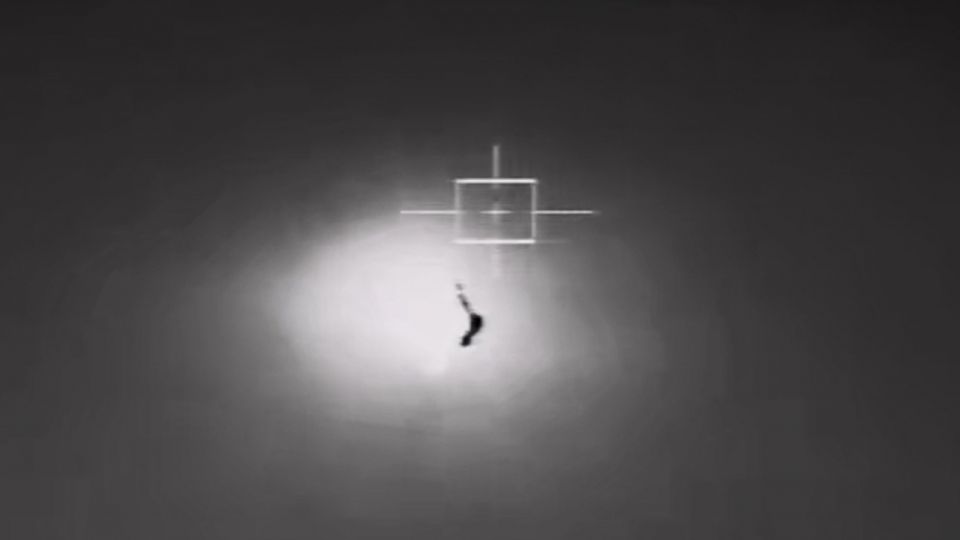May 29, 2024
SEOUL – South Korea’s Joint Chiefs of Staff said a projectile believed to be a North Korean spy satellite was fired toward the west of the Korean Peninsula and landed in the sea after exploding midair late Monday.
The projectile, which the JCS identified as “North Korea’s so-called military reconnaissance satellite,” was fired from the North Pyongan Province in a southwesterly direction at around 10:44 p.m.
The JCS said some debris from the satellite’s explosion could be observed in the sea off North Korea at around 10:46 p.m.
“The satellite was launched southwestward and the subsequent midair explosion led to pieces of the wreckage being found within several kilometers of the launch point,” a JCS official told reporters in a briefing held Tuesday.
The official added that the findings were jointly confirmed by South Korea and the US.
Unlike last time, the South Korean military will not search for the satellite debris as it fell north of the sea border, he added.
“While it is not impossible that some of the debris could flow into our sea, I don’t think it is very likely. We’re certainly watching for the possibility of it coming our way, but we’re not launching a search operation or anything like that.”
Following the explosion, North Korea’s National Aerospace Technology Administration said in a statement the satellite failed to launch and that it exploded in the air during the first stage of the flight.
The JCS said that its assessment also found the satellite exploded during the first stage of flight.
“So the launch failed. North Korea admitted it themselves,” the JCS official said. “The explosion occurred so quickly after the launch so we definitely have more analyzing to do. The bottom line is that it exploded and the attempt was unsuccessful.”
The South Korean and US intelligence authorities are in the process of analyzing the projectile’s trajectory and the rest of the details, he added.
On the possibility of Russia providing North Korea with space technology, he said that “while circumstances suggest some kind of cooperation, we cannot conclude that in any definitive way.”
“Aid can take many different forms — it could be a transfer of technology or some components.”
The JCS condemned North Korea’s spy satellite launch as “an act of provocation that is in clear violation of the United Nations Security Council resolutions banning the use of ballistic missile technology.”
Yang Uk, a research fellow at Asan Institute of Policy Studies in Seoul, told The Korea Herald that North Korea “appears to have rushed” Monday’s launch to keep up with its previously announced schedule.
After successfully sending its first spy satellite — the Malligyong-1 — into orbit last November, North Korea said it would launch three more in 2024.
“We are already nearing the end of the first half of the year, and North Korea hasn’t been able to launch any satellites so far. To launch all three within this year, they would need to pick up the pace,” Yang said.
He said North Korea likely delayed the launch of what would have been its second spy satellite to make some adjustments to the one that is already in space.
Shin Beom-chul, Seoul’s former vice defense chief, told The Korea Herald that North Korea would have wanted to improve its satellite technology before it tried to send another satellite to space.
“North Korea may have advanced nuclear and missile technology, but they are still far behind us in the space sector,” he said. “Their ‘spy satellite’ likely does not really work, so unless they can make a better one there would be no point in launching more.”
Seoul’s Ministry of National Defense has said it believes North Korea’s first spy satellite does not seem capable of carrying out meaningful reconnaissance or surveillance operations.
The National Intelligence Service in Seoul, based on analysis of the debris from the failed launches last year, similarly claimed that the satellite would have no military utility.
The failed attempt came after North Korea informed the Japanese government Monday, the day of the South Korea-Japan-China trilateral summit in Seoul, that it would launch a satellite by no later than June 4.


